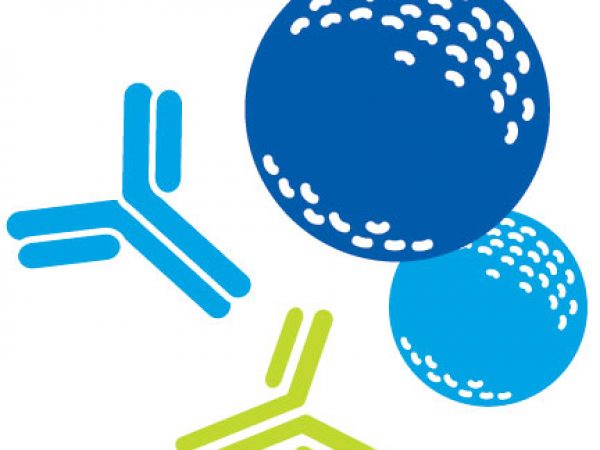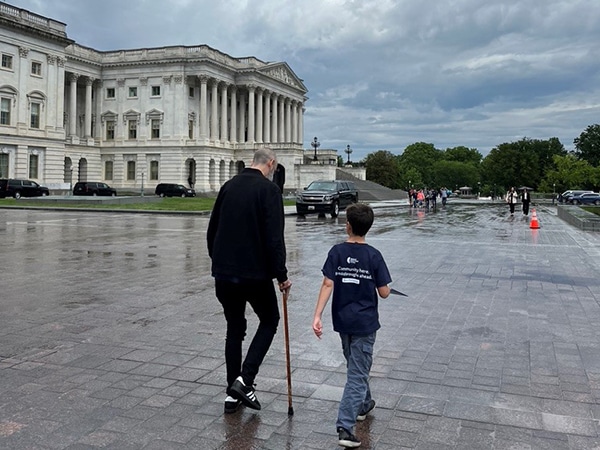FDA-AACR Workshop to Address Multiple Myeloma Clinical Trial Disparities
By Trevan Locke, PhD
Thanks to a wave of newly approved therapies in the past two decades, survival rates for multiple myeloma have increased dramatically. Still, the cancer research community is concerned about disparities in patient care.
African Americans are disproportionately affected by multiple myeloma, having a two- to three-fold higher incidence of multiple myeloma compared with whites and representing 20 percent of the multiple myeloma patients in the U.S. Despite this difference in incidence, African Americans have historically been underrepresented in clinical trials for multiple myeloma therapies.
To address this problem, the U.S. Food and Drug Administration (FDA) and the American Association for Cancer Research (AACR) brought together researchers, physicians, patients, statisticians, industry representatives, and regulators to develop recommendations around these issues. These stakeholders were charged with evaluating the entire clinical drug development landscape, from the earliest pre-approval trials to post-marketing commitments and real-world data to address this critical health care disparity. These recommendations will be shared and discussed at the upcoming public FDA-AACR Workshop to Examine Under-representation of African Americans in Multiple Myeloma Clinical Trials on February 13, 2020, in Washington, D.C.
Led by Lola A. Fashoyin-Aje, MD, MPH; Nicole Gormley, MD; and Paul G. Kluetz, MD, from the FDA; and by Kenneth C. Anderson, MD, FAACR, representing the AACR, the workshop will:
- Cover the science, biology, and clinical factors behind racial/ethnic differences in multiple myeloma;
- Include presentations from the agency and Flatiron Health, a health care technology and services company, on multiple myeloma trial data analyses;
- Describe lessons learned from clinical trial sites successfully accruing African Americans in such trials; and
- Discuss specific policy recommendations on pre-approval considerations, post-approval approaches, and strategies for using real-world evidence.
“Recognizing disparities in oncology clinical trials and care is only the first step. We’ve taken steps at the FDA to start to address this but can’t do this alone. Our collaboration has resulted in strong recommendations that can make a difference. All stakeholders need to make increasing African American representation in multiple myeloma trials a priority,” said Gormley, acting division director for the Division of Hematologic Malignancies 2 within the Office of Oncologic Diseases (OOD).
“To address disparities in cancer care, it is important to consider the entire scope of clinical development,” said Fashoyin-Aje, acting deputy director of the Division of Oncology 3 at OOD. “Our hope is that incorporating these recommendations early and throughout clinical development programs will lead to better outcomes for African American patients with multiple myeloma and other populations traditionally underrepresented in clinical trials.”
“Although this initiative was focused on African Americans with multiple myeloma, I believe this work is part of our greater responsibility to create a more inclusive, real-world paradigm for drug development at large,” said Anderson, program director of the Jerome Lipper Multiple Myeloma Center and LeBow Institute for Myeloma Therapeutics at Dana-Farber Cancer Institute. “With trial populations that are more representative of the real-world patients, everyone will feel more comfortable with new therapies.”
Registration for the workshop is free and still available for in-person or webcast attendees.






